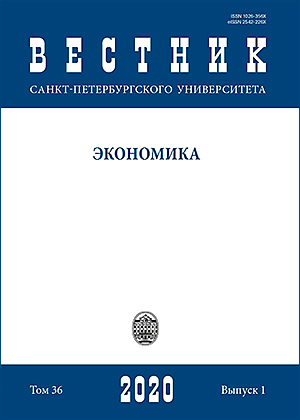Tax regulation of virtual currencies circulation: Foreign countries experience and prospects for Russia
DOI:
https://doi.org/10.21638/spbu05.2020.103Abstract
This paper explores tax regulation of virtual currencies (VC) as a new class of digital assets. The relevance of the topic is due to wide development in the world of virtual currency operations in the absence of a unified interpretation of virtual currencies and in the absence of generally accepted regulation of digital assets. The research aims to identify economic and legal interpretations of virtual currency and to determine taxation of virtual currencies in foreign countries and drafting recommendations on taxation of virtual currencies transactions in Russia. Based on a study of tax regulation of virtual currencies in Singapore, UK, USA, Japan, and Germany, interpretations of virtual currencies are determined and their tax consequences are disclosed. We conclude that in countries analyzed, the interpretations of virtual currencies differ not only at the national level, but also at the level of regulatory authorities. The study did not find a correlation between taxation of virtual currencies and regulation of VC in monetary systems. In most countries, incomes from virtual currencies are subject to corporate taxes and the burden of taxation is defined by the domestic corporate taxation approach. The authors conclude that in Russia, implementation of best global practices should be complemented by specifics of domestic direct and indirect taxation. The paper suggests that incomes from virtual currencies be subject to corporate income tax but exempted from personal income tax. Transactions using virtual currencies should be exempted from VAT but without necessarily recognizing virtual currencies as official mean of payment.
Keywords:
virtual currencies, cryptocurrencies, crypto-assets, digital financial assets, tax regulation, virtual currency taxation, cryptocurrency taxation, digital financial assets taxation
Downloads
References
References in Latin Alphabet
Downloads
Published
How to Cite
Issue
Section
License
Articles of the St Petersburg University Journal of Economic Studies are open access distributed under the terms of the License Agreement with Saint Petersburg State University, which permits to the authors unrestricted distribution and self-archiving free of charge.






